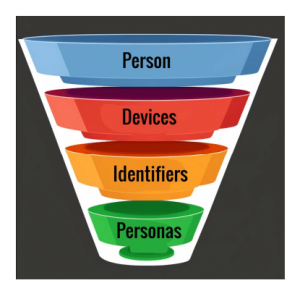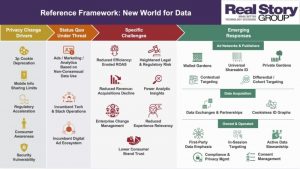Remote workers who are entrepreneurial and who take initiative can make the most of work-from-home (WFH) arrangements.
According to a PayScale report, telecommute workers earn 8.3% more than non-remote workers with the same job and qualifications. And FlexJobs estimates that remote workers save $ 4,000 annually more than their counterparts.
Here’s how WFH employees can leverage the pandemic economy to improve their professional and personal circumstances.
Find Higher Wages From Cheap Locales
Talented professionals living in small towns gain the most from WFH arrangements. As the saying goes, “It’s not how much you earn but how much you keep that matters.”
Offshoring also doesn’t have to be an ocean away. Tijuana is just 17 miles from San Diego, California but the Mexican border town boasts 79% lower rent prices and 54% cheaper consumer goods, according to Numbeo. And if you need to see a U.S. doctor, the commute takes less than an hour with a little planning. Thus, telecommute workers may want to explore cheaper jurisdictions like Puerto Rico, the Caribbean and Texas border towns.
On the flip side, employers benefit from accessing a global talent pool. For example, a California-based game and entertainment development firm seeks the best programmers and creatives around the world and offers top wages based on local rates. According to Jacob Hawley, founder of TLM Partners, the firm provides non-U.S. employees lucrative wages and perks in their country.
“We offer the best developer talent internships, as well as top local salaries,” says Hawley. “We all win: our firm, new hires and clients who receive game products at competitive rates. I ask, ‘How do I think globally but act locally?’” TLM Partners’ employees work across five time zones.
Have Work Flexibility
According to May 2020 McKinsey research, 41% of business professionals say they’re more productive working from home. That’s not surprising given that American workers can save on average 27 minutes daily from no longer having to commute, based on data from the Census Bureau.
In terms of flexibility, WFH improves work-life balance and enables an individual to schedule around personal commitments without having to endure coworker gossip and other distractions like water-cooler talk and office romance. Telecommuting allows people to work when they’re rested and feeling at their best.
Everyone’s daily habits are different: A colleague may perform best starting his day at 6am while another won’t reach peak performance until mid-morning. Personal choice can lead to better business results.
The only thing that matters is one’s ability to meet or exceed employer and/or client expectations.
Get Tax Deductions
U.S. remote workers can reduce their tax bill and the amount depends on whether you’re a freelancer, small business owner or employee. You’ll need to keep detailed records and receipts of business expenses.
Gig workers can deduct home-office expenses, subject to limitations. Common deductions tied to your physical location include rent, mortgage interest, home insurance, utilities, maintenance and repair. Other deductible items can be costs related to remote technologies and hardware such as business equipment, internet and phone bills, subscriptions, business travel and vehicle use.
There’s more: health insurance premiums, office supplies, credit card processing fees and tax preparation fees. The key is to identify which WFH expenses justify a tax advantage.
Employees who receive a W-2 cannot do the same on federal returns. However, residents in seven states can deduct unreimbursed employee business expenses on their state income tax returns, according to Nathan Rigney of H&R Block. These states include Alabama, Arkansas, California, Hawaii, Minnesota, New York and Pennsylvania.
It looks like telecommuting is here to stay for most Americans. A July 2020 PwC survey found that 78% of CEOs believe that remote work is here for the long-term. WFH gives remote workers an opportunity to save money and earn extra income. But no matter where one works, it’s all about delivering on your employer or client’s expectations.
Business & Finance Articles on Business 2 Community
(31)
Report Post





